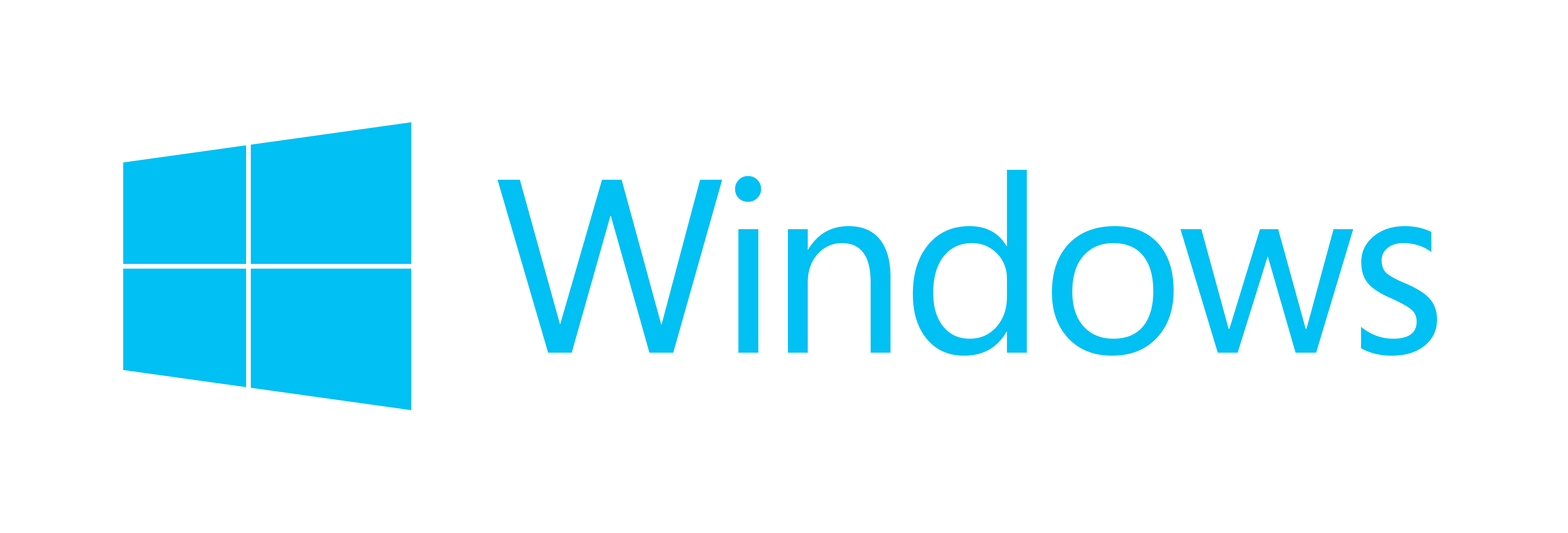Top Frameworks for Cross Browser Plugin Development
Many times we would have seen messages saying that the browser does not support a particular functionality for display of content. For example, you would require Adobe Reader for displaying PDF files with your browser. So, in such cases, where the application itself is unable to display the content natively, using plugins is a better idea.
So what is a plugin?
A plugin is basically a type of third party library or shared library which can be installed for displaying the content which application itself can’t display natively. The plug-ins will not get into the browser automatically. They can be embedded inside a web page with an embed or object tag and however will impact only that page in which it is embedded, unlike the extensions that may impact browsers, their interface, menus, tabs or much more to enhance the functionality of the browser. In other cases, plug-ins can also respond to a mime type and run in the place of web page just like Adobe Reader that helps in displaying the PDF files within the browser.
Developing Cross Browser Plugins
Consider browser plugin development where you want to develop a similar kind of plugin for various browsers. In this case, developing plugins for individual browsers can be a daunting and time consuming task. Hence, cross platform browser plugin development can be a better idea. Developing cross browser plugins is a process of creating plugin for a specific browser at first and then sharing this code with the other browsers for use. Hence, developing plug-ins for multiple web browsers becomes much easier. The development time is significantly reduced thereby improving the productivity of the developers as well.
Usually to build cross browser plugins NPAPI or C APIs are used. But, using APIs for development will require creating plugins from the scratch and hence, more time and efforts will be consumed in the process. A better alternative to this is using a framework for the purpose. With frameworks, development of plug-ins becomes much easier as one doesn’t have to develop from the scratch. The readily available development modules, tools and reusable code in the frameworks will enable for the rapid and easy development of plugins.
Frameworks to Build Cross Browser Plugins
FireBreath, JUCE (Jules’ Utility Class Extensions) and QtBrowserPlugin are some of the widely used frameworks used to build cross browser plugins.
Firebreath:
FireBreath is a cross browser plugin framework that allows development of plugins that are compatible with the most popular browsers like Firefox 3.0 and later versions, Chrome 2 and later versions, Internet explorer, Safari and Opera. Written in C++, this is a high performance development tool featured with most desired capabilities for plugin development like Unicode support, DOM style event handling, support for javascript methods and objects, thread safety checks, ActiveX support, automatic type conversion etc.
QtBrowserPlugin
One of the biggest advantages of using this cross browser solution is that it enables development of universal plugins which can work on any browser that supports NPAPI or Netscape Plugin API. The technology enables faster and easy development of plugins that are compatible with Mozilla FireFox, Safari, Opera, Google Chrome and QtWebKit.
JUCE (Jules’ Utility Class Extensions):
This is a C++ library that helps in building rich cross platform plugins supporting all major operating systems. The browser plugin wrapper classes of JUCE allow building NPAPI modules supported by Firefox, Safari (for MAC/PC) and ActiveX(IE). It allows for communication between web page and plugin through Javascript classes.
So, you can always go for cross browser plugin development in order to enhance the features of your browser to some extent. There are number of firms offering these kind of services. But going with only the professional browser plugin development service can better help your requirement.


